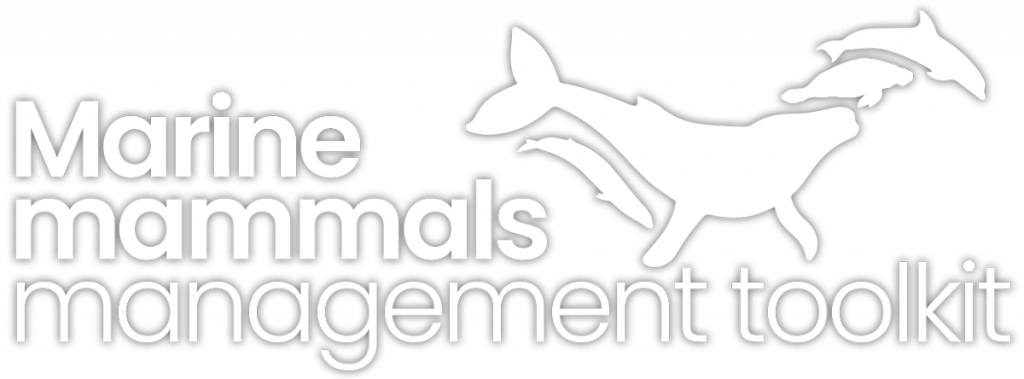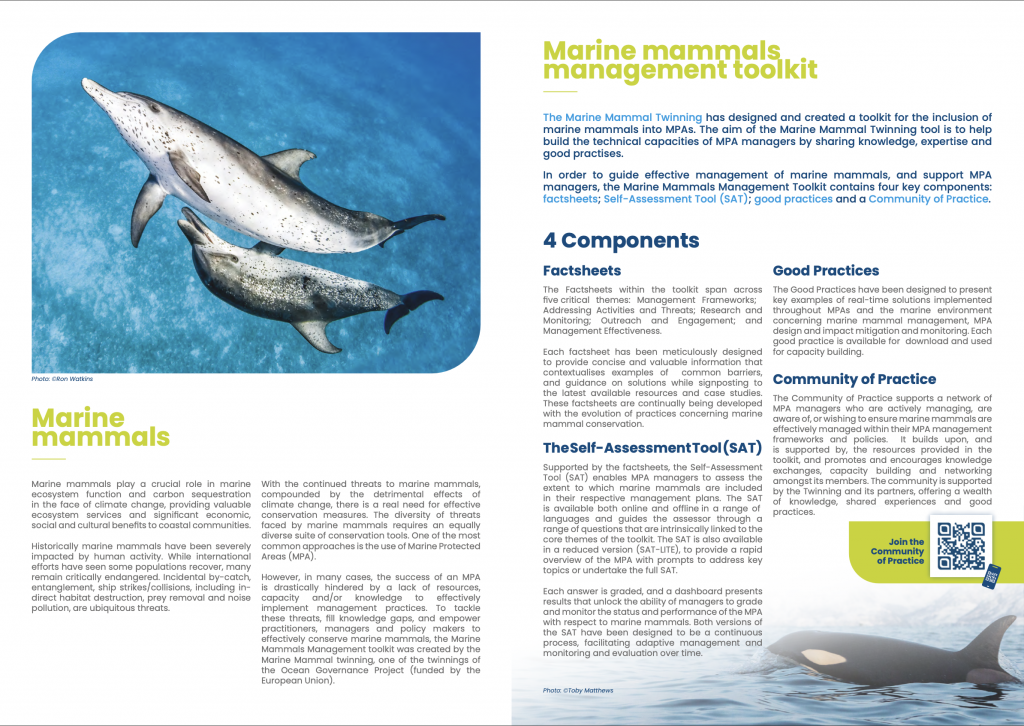New study determines parentage, age, and survival of North Atlantic right whales

A new study provides insight into North Atlantic right whale calf survival, growth rates, and life history, demonstrating the power of genetic sampling for this critically endangered species. The study, led by the New England Aquarium analysed all North Atlantic right whale calves born between 1988 and 2018 and categorised the animals based on genetic samples […]
Whales near cities consume microplastics daily

A new study by an international team of researchers led by the University of Auckland has found that whales in Auckland’s Hauraki Gulf consume around 3 million microplastics every day. The researchers estimated microplastic exposure from prey and scats of whales using a stochastic simulation model, which led to the estimated daily ingestion rate of microplastics. […]
Protecting large cetaceans from ship strikes in the Mediterranean
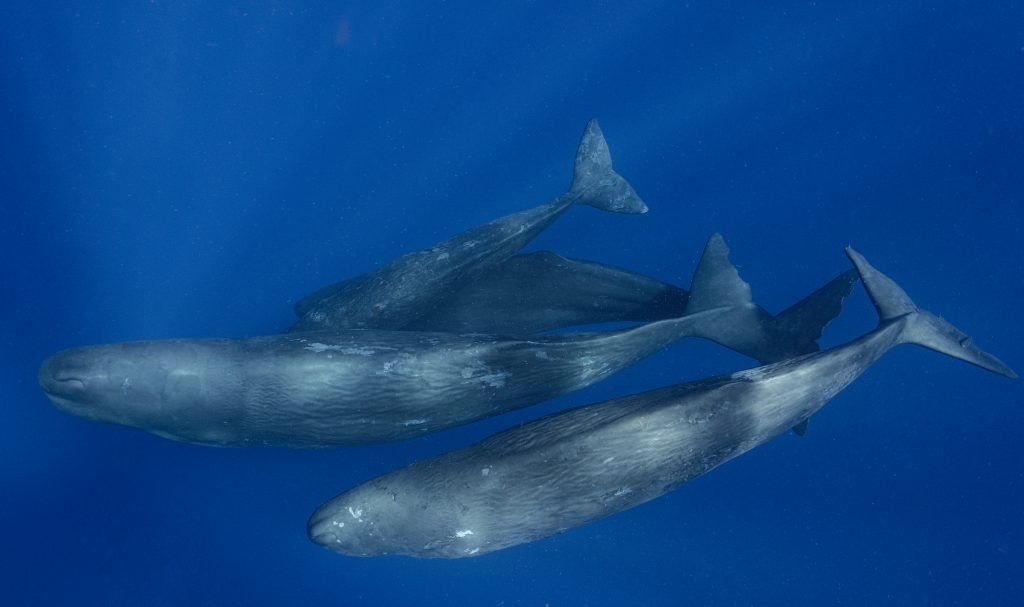
Ship collision is internationally recognised as a major threat to cetaceans, including in the Mediterranean Sea, which is one of the busiest shipping lanes in the world. As maritime transport in the Mediterranean basin is expected to increase in the coming years, further measures to prevent collisions are needed. The following Mediterranean countries, France, Italy, Spain, […]
Cost-benefit Analysis for Mitigation Measures in Fisheries with High Bycatch

The Agreement on the Conservation of Small Cetaceans of the Baltic, North East Atlantic, Irish and North Seas, (ASCOBANS), released a new report detailing a cost-benefit analysis for mitigation measures in fisheries with high bycatch. Bycatch is a major threat to cetacean conservation and welfare in European waters. The common dolphin (Delphinus delphis) and the harbour porpoise […]
New framework for marine mammal bycatch best practices
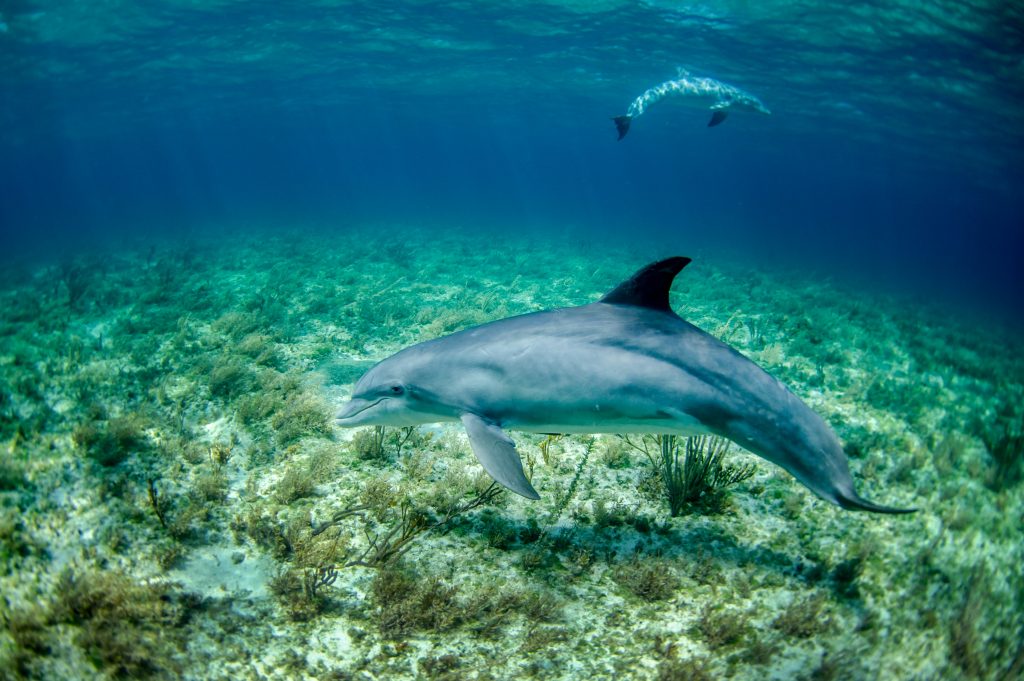
Bycatch in marine fisheries is the leading human-caused source of mortality for marine mammals. It has contributed to the decline and in some cases extinction of marine mammal populations and species. There is a growing need for better assessment of marine mammal bycatch in fisheries, which is set to increase even more with the introduction […]
Is humpback song for finding instead of attracting?
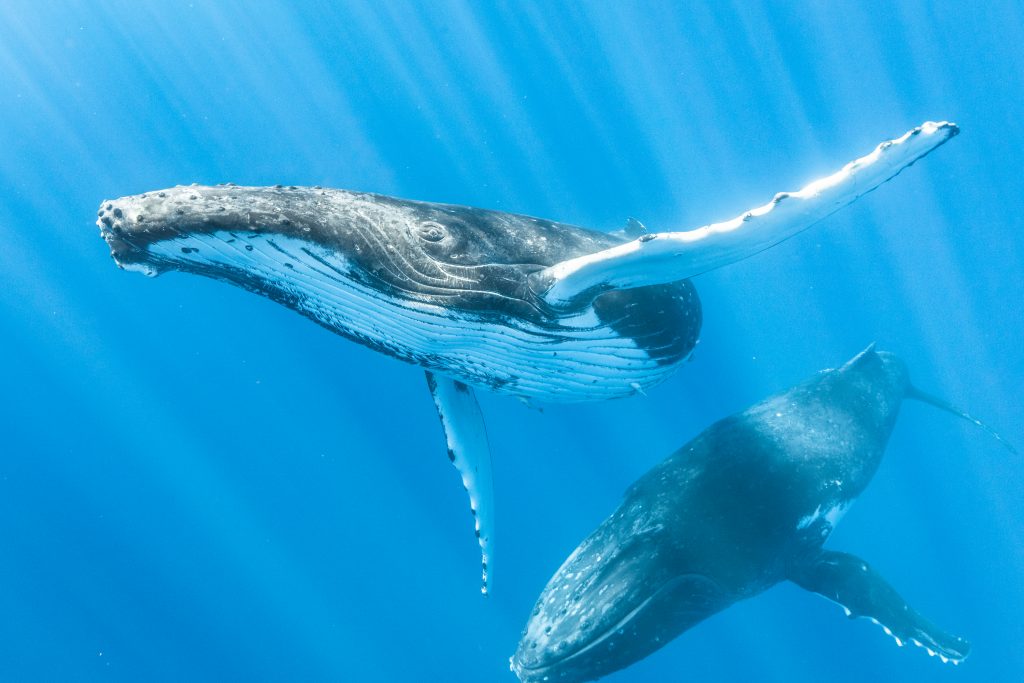
Think of common courtship displays in the animal kingdom, like the flashy display of a peacock’s tail or the treetop melody of a songbird’s tune. Each is relatively constant. The brilliant colors in a male peacock’s plumage do not change during its attempts to attract a female. And songbirds rely on repetition, like top-40 radio […]
Baleen Whales’ Immense Influence on Ocean Ecosystems

A group of researchers from Stanford University has published a new paper on prey consumption of baleen whales. Previous studies on prey consumption of large marine animals have used metabolic models. Here, the research group used tags deployed on seven baleen whale species in conjunction with acoustic measurements of prey density to calculate prey consumption at daily to annual […]
New Paper Estimates the Abundance of Marine Mammal Populations

A new paper from the Ocean Modeling Forum’s Working Group on Marine Mammal Bycatch provides a summary on the various methods available for assessing the abundance of pinnipeds, cetaceans, and sirenians. Authors discuss key issues, including: General principles in estimating abundance Methods for estimating abundance and their strengths and weaknesses in relation to practical issues […]
IWC Publish Scientific Meeting Annual Report 2021
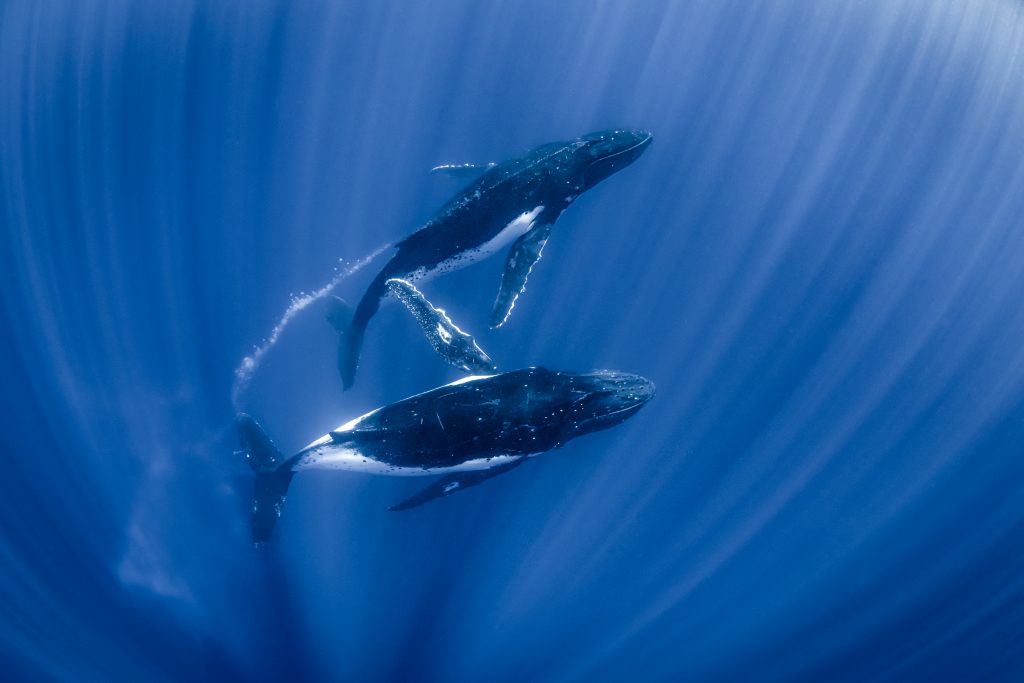
The IWC Scientific Committee published the report of its annual meeting on 21st June 2021. The Committee brings together leading cetacean scientists from all over the world. It has met every year since 1955 to review relevant research and information, and provide scientific advice to the Commission. In 2020, Covid-19 forced the Committee to make […]
Status of National Legislation on Marine Mammals in the Wider Caribbean Region

The Wider Caribbean Region hosts a highly diversified community of marine mammals, with more than 35 species currently identified. Marine mammals are protected species in many countries and through international regulations, especially in the Greater Caribbean Region, since they are all protected under Annex II of the SPAW protocol. To obtain updated data on the […]

